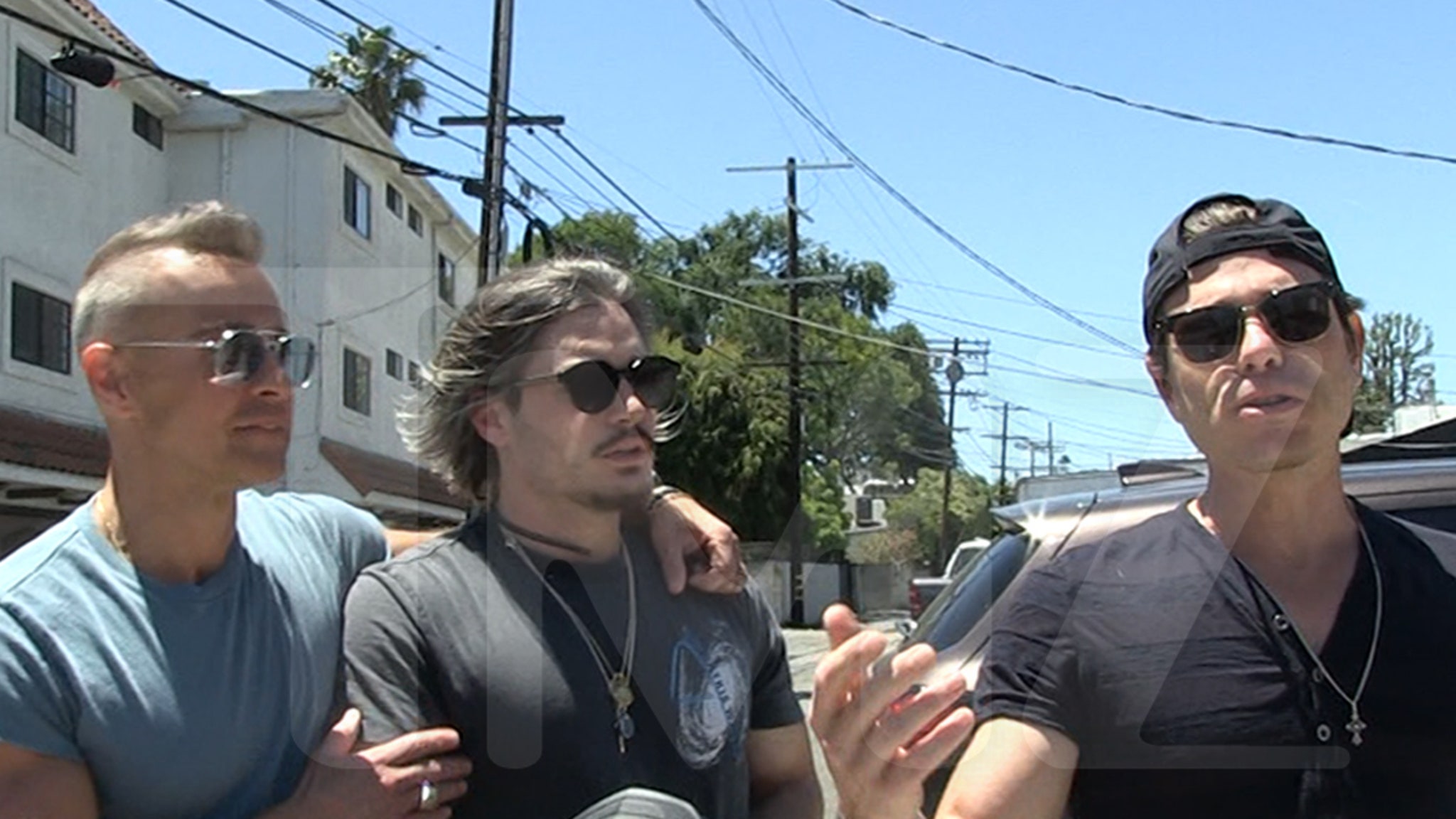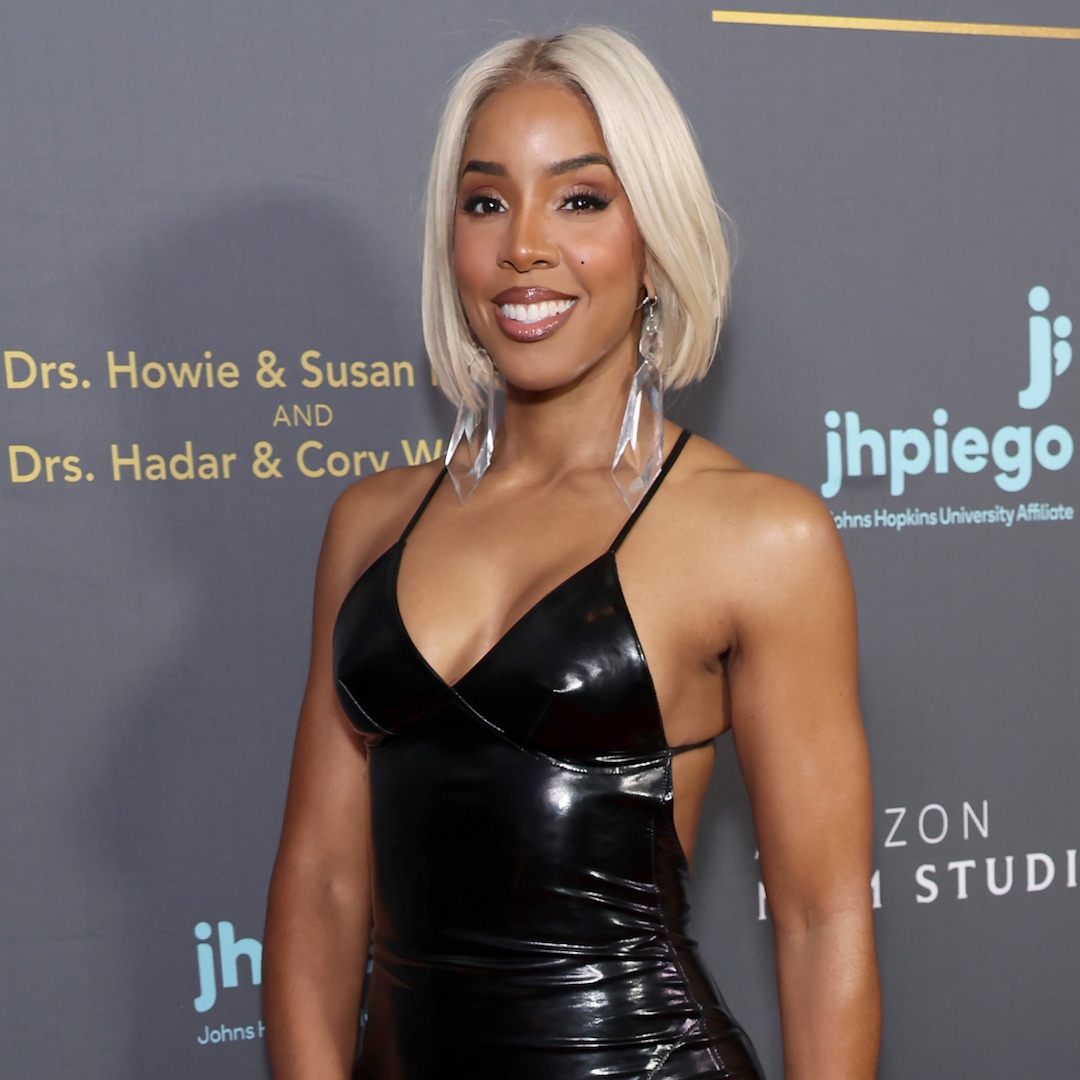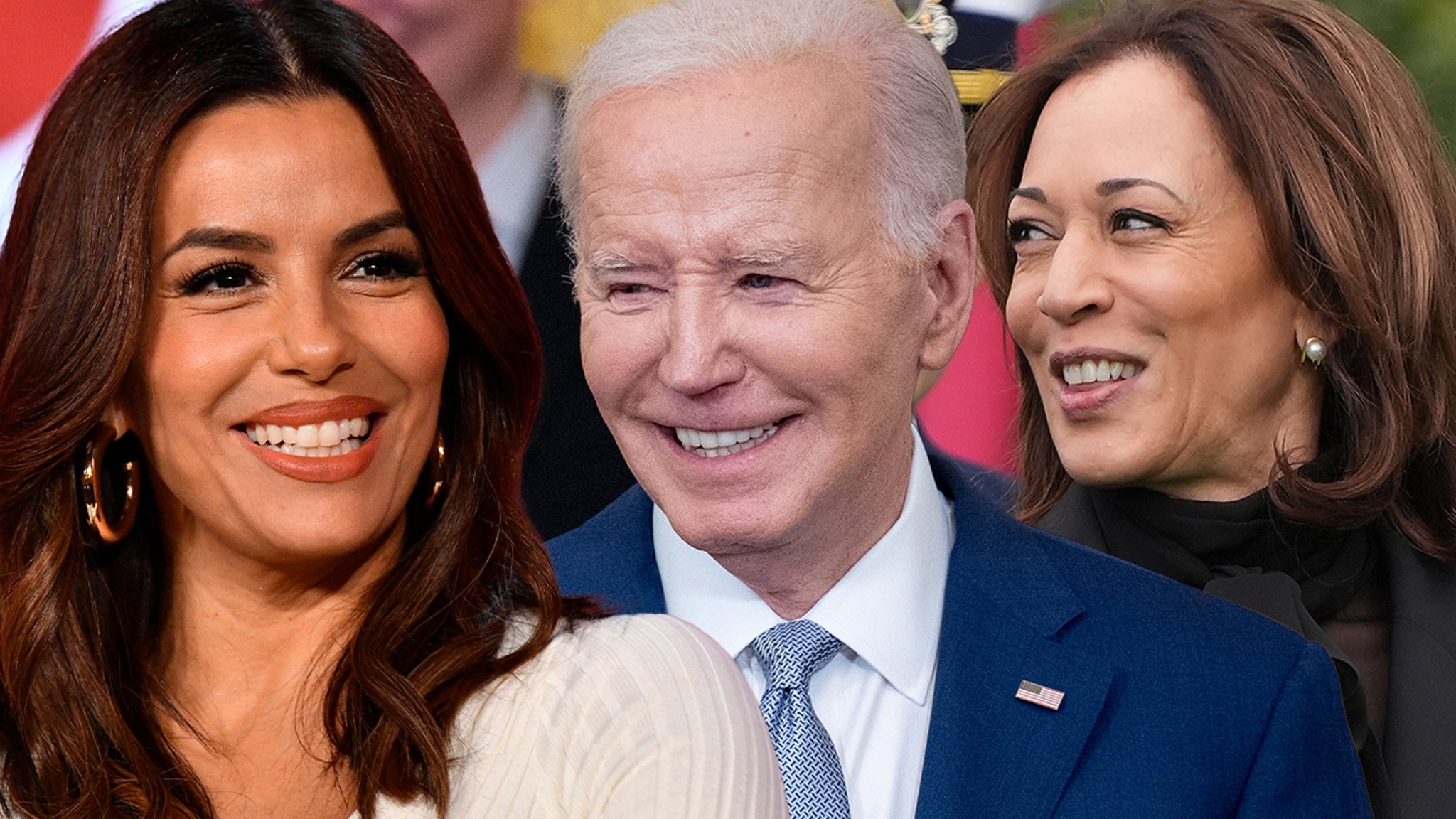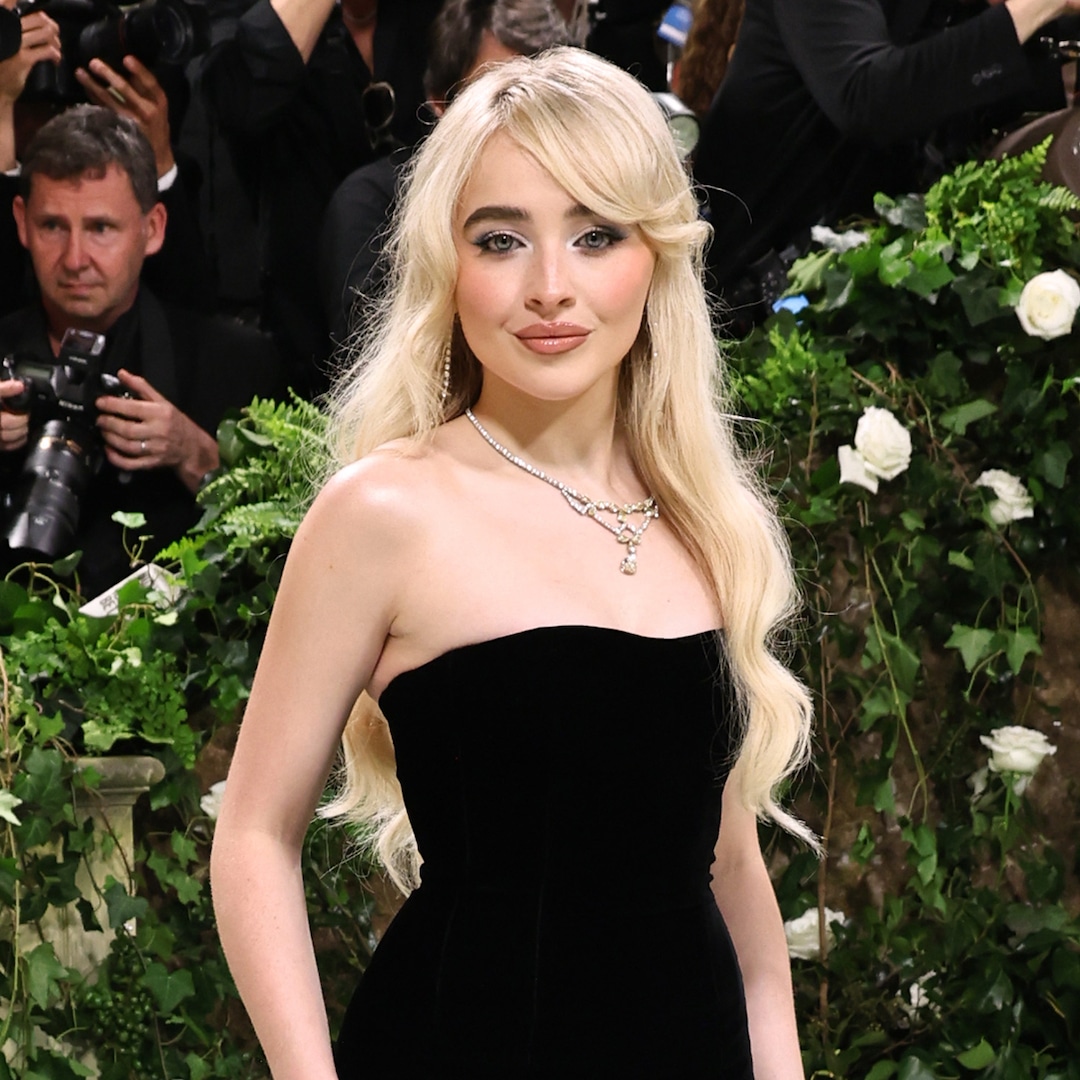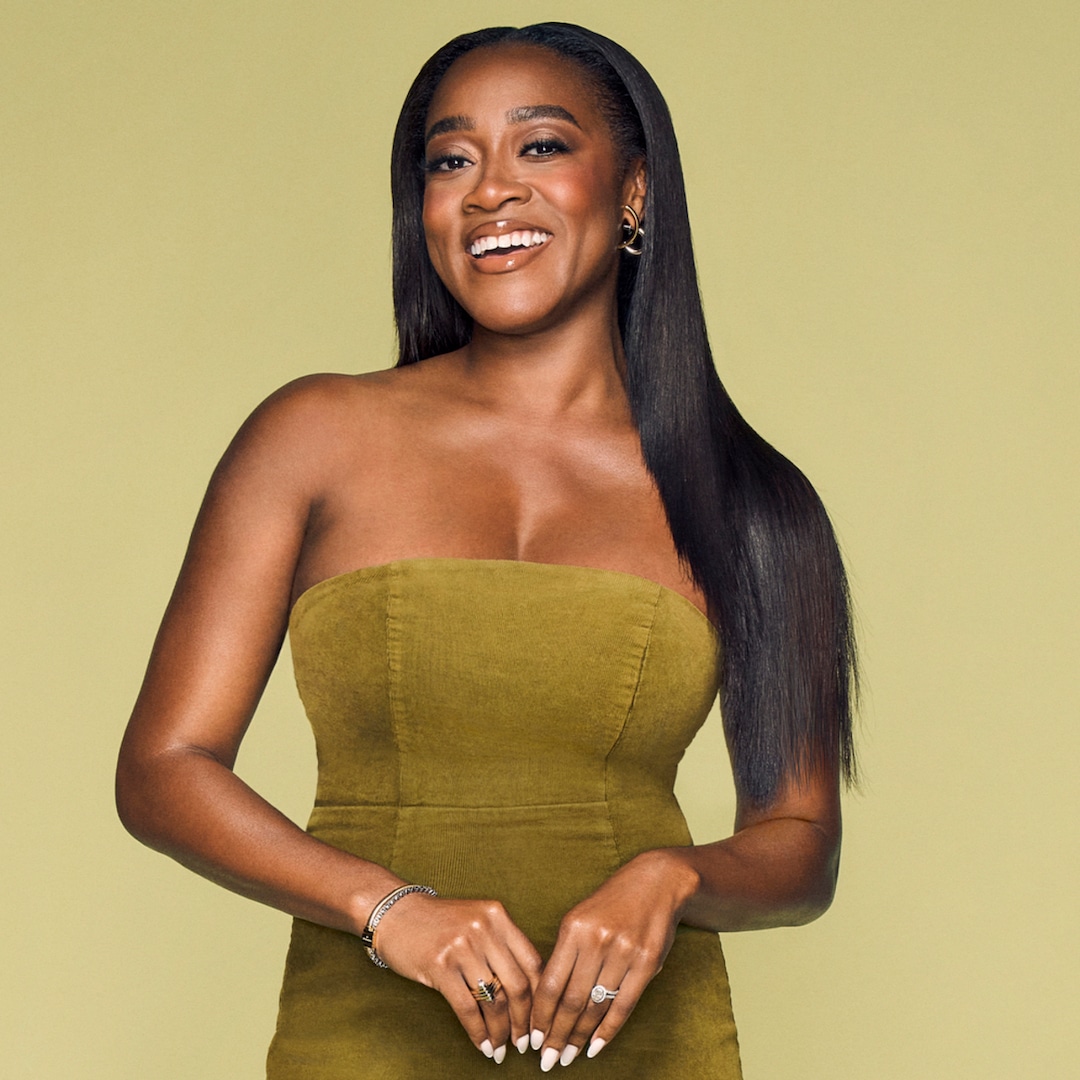Culture
If You Read One Romance Book This Spring, Make It This One

Spring! There’s no better time of year for a baseball romance. We’ll wind up the column with a much-anticipated book by Cat Sebastian, but we lead off with KT Hoffman’s endearing and tender new novel, THE PROSPECTS (Dial, 346 pp., paperback, $18).
The minor-league baseball player Gene Ionescu is almost living his best life. He’s a professional ballplayer, even if it’s for a minor-league team. He’s transitioned and is generally accepted as the guy he is, even if a trans man still doesn’t have quite the same locker room experience as a cis man. In this liminal space, he makes a finicky distinction between hope — which he exercises as dutifully as a muscle — and actual wanting, which would inevitably lead to disappointment because hasn’t it always?
Enter Luis Estrada, Gene’s former college teammate.
Luis, the son of a major-league star, was drafted before graduation. Now he steals Gene’s place at shortstop and upsets his balance — at least, until they’re forced to room together on a road trip and discover that making out turns their physical chemistry from something destructive into something electric. But dating a teammate is a terrible idea — especially when you’re certain the teammate is going to be called up and will leave you behind.
Except that isn’t quite how it goes. We’re right there with Gene as he struggles with going from almost enough to more than plenty, as he stops letting life happen to him and learns to actually reach for something. Because what if true happiness is right there, and it’s even sweeter than you dreamed?
The difference between wishing for good things and working toward them is precisely where Lily Chu’s THE TAKEDOWN (Sourcebooks Casablanca, 384 pp., $16.99) finds its footing. The diversity consultant Dee Kwan clings to positive thinking through layoffs, microaggressions and familial health challenges. All the while, her mother insists that a positive attitude is more important than any minor speed bump like your parents and grandmother moving in with you or a house that now smells constantly of medicinal weed. Her one true comfort is the online puzzle game where she’s usually first in the rankings.
Then Dee lands a new job, only to find her nearest gaming rival, Teddy, there. Even worse, he’s the son of the C.E.O. whose toxic corporate culture she’s being paid to improve.
Dee fixes upon improving Teddy’s dad’s company as a stand-in for fixing the world (and her own life). Teddy, on the other hand, has detached himself emotionally from his job, bruised by past disappointments. Chu’s couple find their solution in making small but significant changes to what’s immediate and reachable — relationships both romantic and otherwise. What they learn is that effort and hope have to work together: One without the other is never enough.
But sometimes there is no hope. Illness worsens, accidents strike, you lose people you love. It’s inevitable, as Cat Sebastian’s blunt, beautiful midcentury historical makes clear: “Unless a couple has the good fortune to get hit by the same freight train, their story ends in exactly one way.”
At the start of YOU SHOULD BE SO LUCKY (Avon, 382 pp., paperback, $18.99), the journalist Mark Bailey is only 16 months out from the death of his partner. He’s coasting. It’s only when he’s assigned to write about a flailing baseball player on the sad-sack New York Robins that he finds something to connect to: “What’s happening to Eddie O’Leary is an end. That’s something Mark knows about; that’s something Mark can write about.”
Eddie, “a wad of bad ideas rolled into the approximate shape and size of a professional baseball player,” doesn’t know why he is suddenly terrible at a game he loves. He’s lonely and new to the city and shunned by the teammates he bad-mouthed to the press. He’s grateful for Mark’s attention even though he knows it’s an assignment, and he’s quick to notice all the little kind impulses Mark would die rather than admit to. Their romance is like watching a Labrador puppy fall in love with a pampered Persian cat, all eager impulse on one side and arch contrariness on the other.
People think the ending is what defines a romance, and it does, but that’s not what a romance is for. The end is where you stop, but the journey is why you go. Whether we’re talking about love, baseball or life itself, Sebastian’s book bluntly scorns measuring success merely by end results: “The crowd is hopeful, but it isn’t the kind of hope that comes with a fighting chance. It’s a hope that doesn’t need success to validate it. It’s something like affection, maybe with a bit of loyalty mixed in.”
Hoping, loving are things you do for their own sake, to mark being a human among other humans. Or as Eddie puts it: “Sometimes you want to look at a guy and say: Well, he’s f——-, but he’s trying.”
I can think of no better summary of why we do any art. If you read one romance this spring, make it this one.

